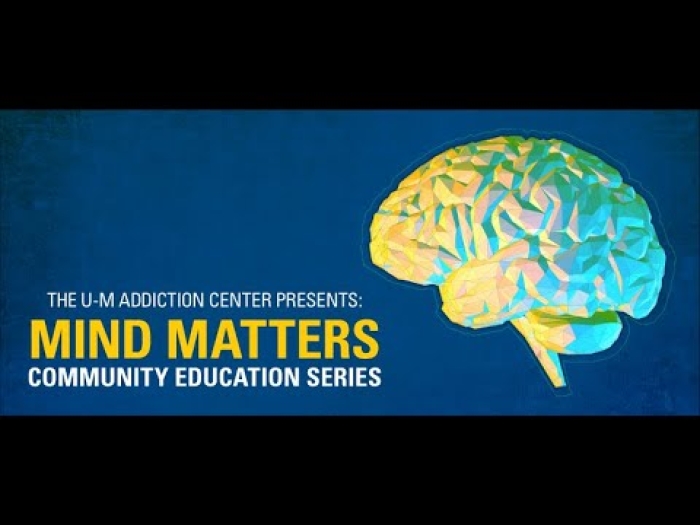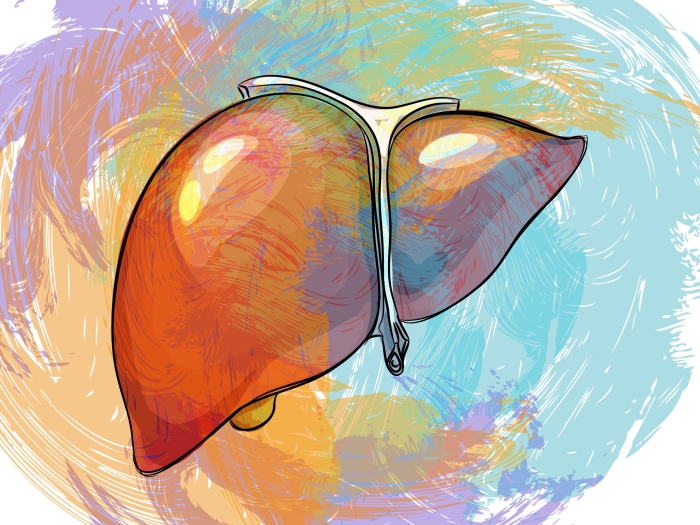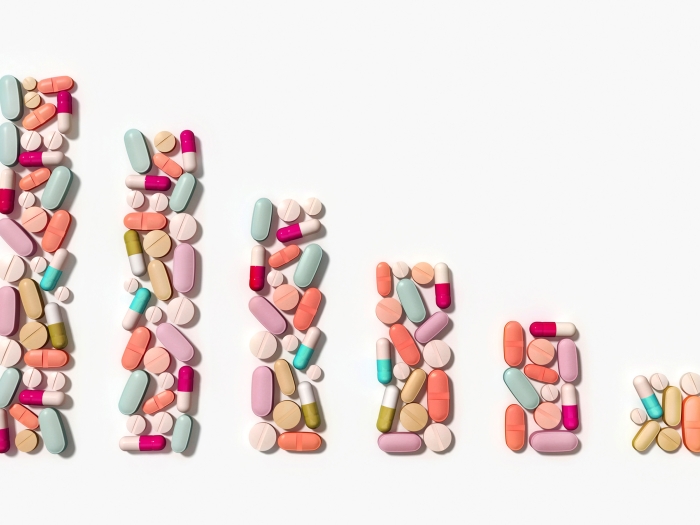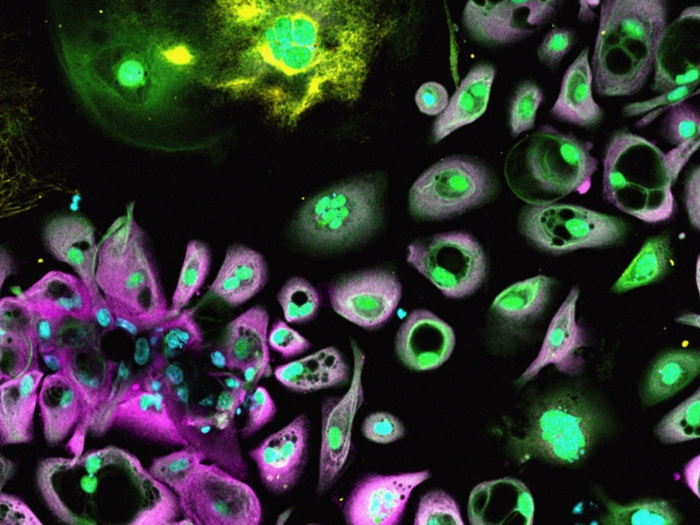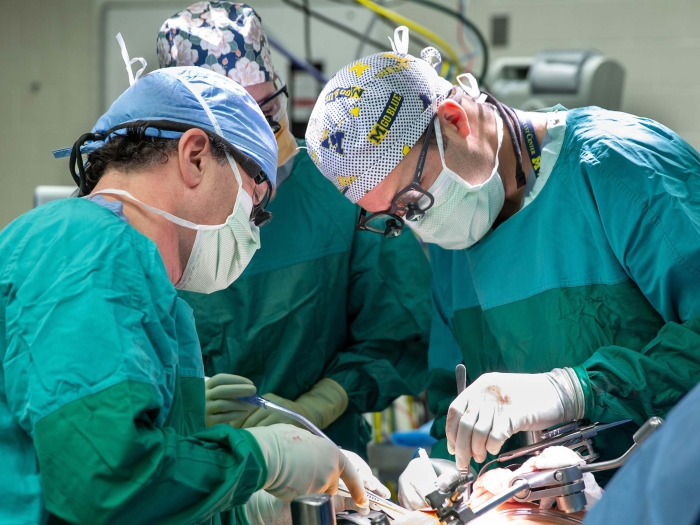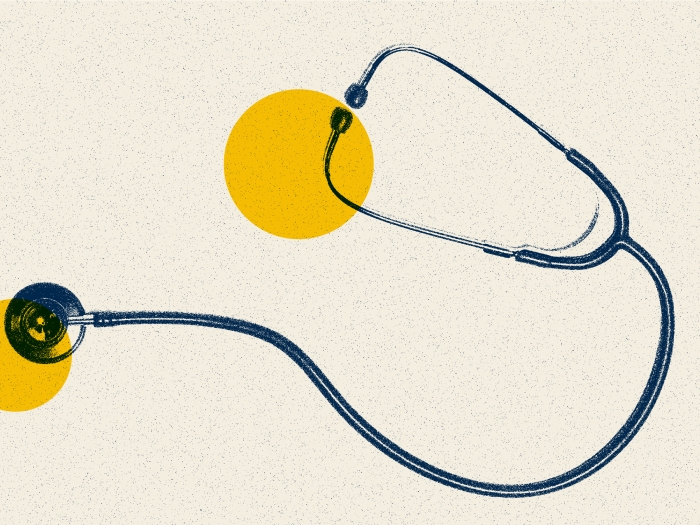The increased number of deceased donor liver transplants related to alcoholic hepatitis — up more than 50 percent over predicted numbers — was associated with rising alcohol sales.
1:07 PM
Author |
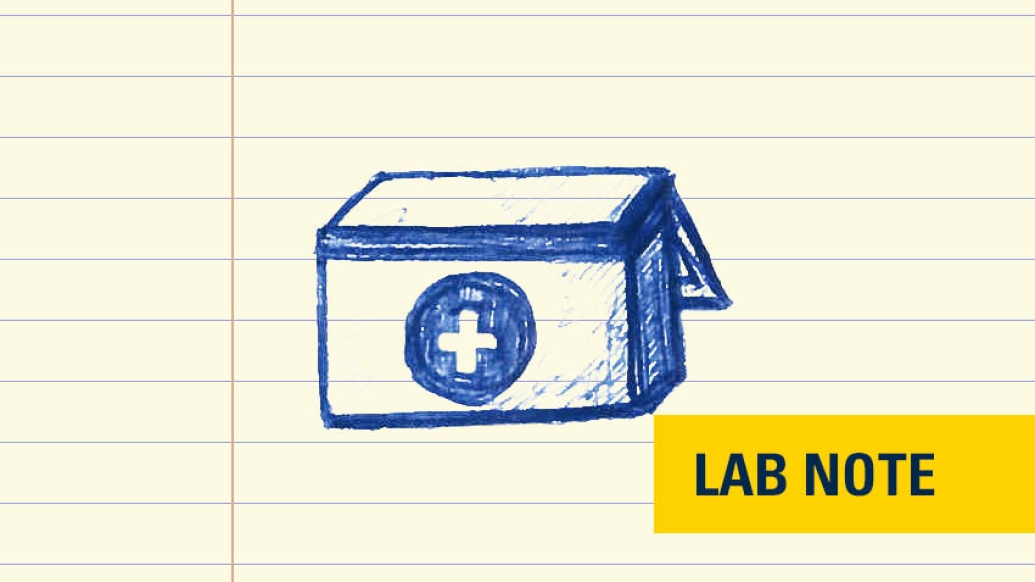
Registrations for the national organ transplant waiting list related to alcoholic hepatitis as well as the number of deceased donor liver transplants for the inflammatory liver condition rose significantly during the pandemic, Michigan Medicine researchers found.
Both measures exceeded their predicted volumes by more than 50% — and both were associated with increasing alcohol sales.
"While we cannot confirm causality, this study provides evidence for an alarming increase in alcoholic hepatitis associated with known increases in alcohol misuse during COVID-19," said Maia S. Anderson, M.D., a general surgery resident at Michigan Medicine and the first author of the study. "And it highlights the need for public health interventions around excessive alcohol consumption."
Alcoholic hepatitis is typically caused by heavy alcohol consumption on a regular basis and can lead to permanent scar tissue in the liver and other long-term damage, like liver failure, if left untreated.
Additional authors include Valeria S. Valbuena, M.D.; Craig S. Brown, M.D., MSc.; Seth A. Waits, M.D.; Christopher J. Sonnenday, M.D., M.H.S.; Michael Englesbe, M.D.; and Jessica L. Mellinger, M.D., MSc.
Paper cited: "Association of COVID-19 With New Waiting List Registrations and Liver Transplantation for Alcoholic Hepatitis in the United States," JAMA Network Open. DOI: 10.1001/jamanetworkopen.2021.31132

Explore a variety of health care news & stories by visiting the Health Lab home page for more articles.

Department of Communication at Michigan Medicine
Want top health & research news weekly? Sign up for Health Lab’s newsletters today!
